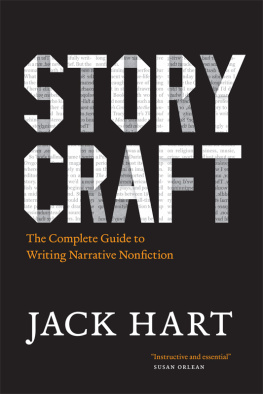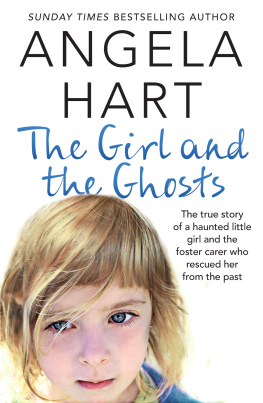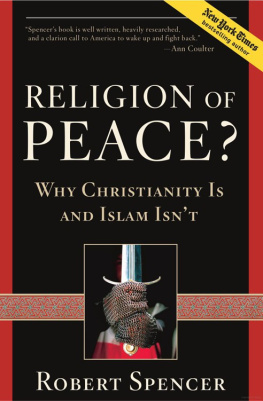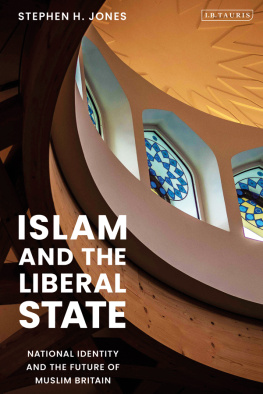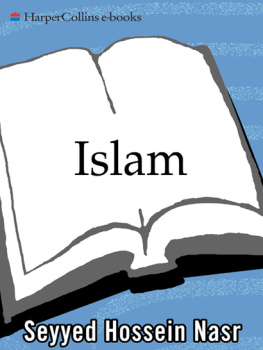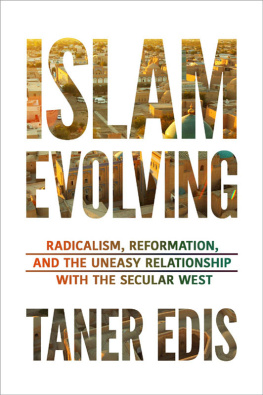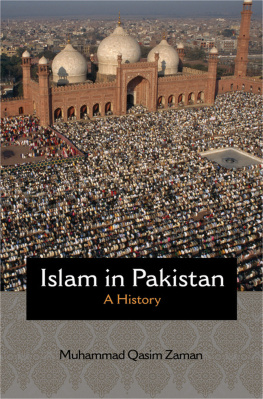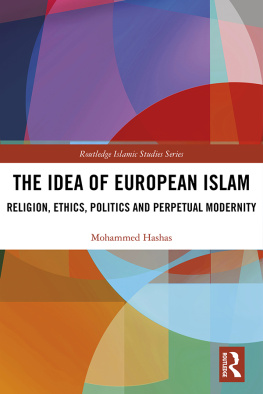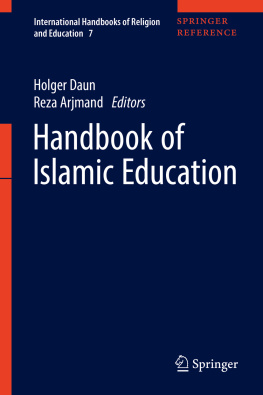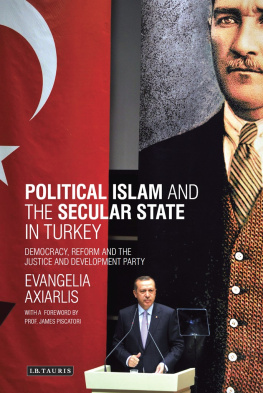AND THEN WE WORK FOR GOD
Rural Sunni Islam in Western Turkey
KIMBERLY HART
STANFORD UNIVERSITY PRESS
STANFORD, CALIFORNIA
Stanford University Press
Stanford, California
2013 by the Board of Trustees of the Leland Stanford Junior University.
All rights reserved.
This book has been published with the assistance of the Institute for Turkish Studies.
No part of this book may be reproduced or transmitted in any form or by any means, electronic or mechanical, including photocopying and recording, or in any information storage or retrieval system without the prior written permission of Stanford University Press.
Printed in the United States of America on acid-free, archival-quality paper
Library of Congress Cataloging-in-Publication Data
Hart, Kimberly, 1967- author.
And then we work for God : rural Sunni Islam in western Turkey / Kimberly Hart.
pages cm
Includes bibliographical references and index.
ISBN 978-0-8047-8330-9 (cloth : alk. paper)-
ISBN 978-0-8047-8660-7 (pbk. : alk. paper)
1. Islam--Turkey--Customs and practices. 2. Islam and culture--Turkey. 3. Rural population--Turkey. 4. Turkey--Religious life and customs. I. Title.
BP63.T8H27 2013
297.8'109562--dc23
2013013864
ISBN 978-0-8047-8668-3 (electronic)
Typeset by Bruce Lundquist in 10/14 Minion
For Michele Sutherland Boyle Hart, my mother
CONTENTS
ACKNOWLEDGMENTS
Many have helped me over the years in conducting research in Turkey, and I thank them all. Above all, I thank villagers in the Yuntda and their relatives who invited me into their homes in towns and cities in Turkey and Germany. I invoke the memory of Josephine Powell, who, until her death in 2007, helped me research in the villages of the Yuntda. I also thank Harald Bhmer for introducing me to the villagers in Kayalarca in 1998. Among friends and colleagues inside and out academia who specialize on Turkey and the Islamic world and beyond, who have helped and supported me in conversation, through email, and in the occasional shared space of the conference, I thank Bilge Taner, Nathalie Arnold, erife Atlhan, Gracia Clark, Claudia Diehl, Markus Dressler, Can Erimtan, Beril, Murat, Selim, and ner Eyubolu, Didier Fassin, Frances Gage, Michael Herzfeld, Damla Iik, Maureen Jackson, Susan Maguire, the late Murad Megalli, Vasiliki Neofontistos, Leyla Neyzi, Esra zyrek, Steven Pierce, Deborah Reed-Danahay, Linda Robinson, Nazif Shahrani, Winnifred Sullivan, Anna Sun, Jeremy Walton, Jenny White, and Deniz Ykseker.
Delivering papers helped me focus the work through questions from the audience: in Istanbul at the American Research Institute in Turkey (ARIT); Ko University; and Istanbul Technical University; in Beer Sheva, Israel, at Ben Gurion University; in Trondheim, Norway, at the Norwegian University of Science and Technology; in Buffalo, New York, at SUNY Buffalo State and SUNY University at Buffalo; and in Princeton, New Jersey, at the Institute for Advanced Study. I also thank members of the seminars on secularism, led by Joan Scott; and on morality, led by Didier Fassin, at the Institute for Advanced Study during 201011. Funding sources supported research connected to this publication and include a Fulbright-Hays, grants from the Institute for Turkish Studies, the American Research Institute in Turkey, the Research Foundation at Buffalo State, and the Institute for Advanced Study.
Dean Severson at Buffalo State has been supportive of my research leaves, and I thank him for his help. I also thank my colleagues who have been generous in accommodating my work outside the classroom. I thank the editorial support from Stanford University Press for bringing this work to fruition. Finally, I thank my mother, Michele Hart, and grandfather, George Hart, for their continued support in all my academic efforts.

Map of Turkey
INTRODUCTION
Competing Claims to Religious Authority
I climb out from under a load of heavy quilts and pull on my alvar, brightly colored baggy trousers made from cloth I bought in an open market in Manisa, sewn by a friend in the village. I tie my headscarf tightly around my face, knotting it on the top of my head. This way, my hair is protected from the dust and flies but more importantly, I show respect for womens Islamic clothing. I feel in context, ready to spend the day sitting on the floors of village homes, on layers of kilims woven for dowries decades ago or from machine-made textiles bought more recently. I spend my days in conversation with women over glasses of tea. They persuade me to add sugar as they tell me about the discipline of prayer, the cost of a sheep for the sacrifice holiday, their memories of Mecca while on pilgrimage, the rigors of the fast during Ramazan, and their children attending Quran schools. Ezan, the call to prayer, rings out from the mosque loudspeaker. We can hear the call in the next village faintly echo ours. They pause. Young women turn down the sound on the television. The older ones, who have no TV or simply are not immersed in it, fall silent. They listen. When the call is over, they whisper a prayer, wiping their hands down their faces, sighing deeply.
The mountainous Yuntda region in western Turkey is close to the big city of Manisa, only an hour away by bus, but far in spirit from the bustling urban world. In the city, open markets are a draw; students dominate the streets in their uniforms, mothers clothed in urban-style mantos,coats, and polyester headscarves watch over their children in playgrounds; tea gardens are filled with youths who spend hours flirting, playing with their cell phones; and Ottoman mosque complexes punctuate the landscape. Men sit outside the grand mosques, waiting for the call to prayer. Villagers enjoy these sights and activities of the city, which for them is a place to shop for weddings, a place where one attends high school, a destination for migration, and where the doctors are. In contrast, the village is where one is born and buried, wherever one dies. It is ones memleket, homeland. But, as villagers remind me, thisall the pleasures, pains, sources of boredom, and consternationis an illusion, yalan dnya, literally, a world of lies. The real life is the next one, where we go after we die. This life is merely a prelude, a world filled with chores and tasks, which must be completed in preparation for that other world, the real one. Im not sure I understand yalan dnya: What does it mean? I ask evriye, the woman I live with. She says, Its like that person who said this or that, the thing I desire, what I want. This life, all our tears and things we find funny, it will all be gone.
What is Islam? For villagers, Islam is a path to the next world. This book is about how villagers in the western Anatolian region of the Yuntda prepare for this other world by working for God in this one. Though Islam is the path to the next world, the exact route is uncertain. No one knows, because only God can. Meanings are hidden, embedded in the Quran, and therefore require study and effort to be understood. As one man pointed out, All the answers to every question are in the Quran, but it is not so easy to read or understand. And for this reason, there are debates about what is orthodox. What is the correct path and the procedures for following that path?
Villagers consider these debates through their practices, deriving from three sources: what I call cultural Islamic traditions, the state version of Islam delivered by the Diyanet Ileri Bakanli, the Presidency of Religious Affairs, or the Diyanet (as it will be referred to), and Islamic brotherhoods and communities. The mixture of sources for Sunni Islam shows that Islam itself is in a state of flux, open to interpretation and transformation. The multiple sources for Islamic practice create a contradiction in that people expect there to be one form of Islam. Despite the expectation that Islam should be fixed, religious tradition is living. Furthermore, Sunni Islam is under state control and meant to follow state-mandated rules. This is referred to as laicism. Thus, Islam, which is intended to address eternal questions, is contained within a secular one, a state, which has a temporal beginning and end. The state control of Sunni Islam creates a contradiction because Islam is meant to be the word of God and therefore timeless, perfect, and not tampered with by humans.
Next page


